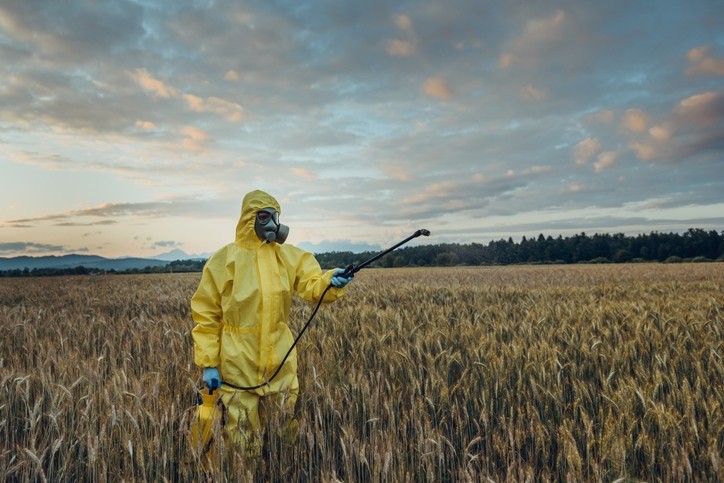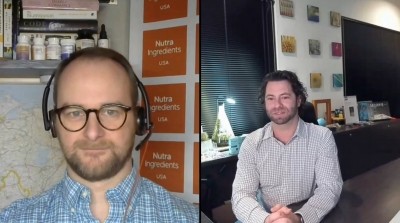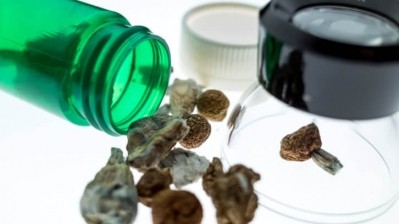Alkemist Labs: Samples continue to test positive for pesticides above limits

Although inorganic bromide is naturally occurring in the environment, when used for soil disinfection and post-harvest treatment of plant products, it may be contained in the fumigated products. Inorganic bromide cannot exceed levels between 125 parts per million to 400 parts per million, depending on the product involved.
Inorganic bromide is not the only pesticide of concern for Alkemist. When the company added pesticide testing to its suite of services in 2022, it also learned that it was common for some third-party labs to also omit testing for dithiocarbamates, chemicals used since the 1940s to control several non-fungal diseases in plants.
Both inorganic bromide and dithiocarbamates require extra testing steps, and Alkemist has advised companies to make sure they get the full USP panel.
“I can try to understand the temptation to leave those [tests] out because of the time and processing you need to run [them] and the expenses incurred as a result,” said Elan Sudberg, CEO of Alkemist. “You need to change over the same instrument twice, each time to search for one more analyte, which can take half a day and decrease your bottom line. But given what we are seeing, it’s imperative that companies make sure their labs are doing this screening.”
Searching for one analyte or more can take half a day.
Last year Alkemist alerted the industry that not all third-party labs were routinely testing for the entire list and advised that companies make sure to specify for the full panel. USP <561> lists 70 reportable compounds covering 121 individual analytes, although there is nothing in the regulations that requires using the USP <561> pesticides list. If inorganic bromide and dithiocabamates are omitted, then USP <561> pesticides testing is incomplete. If companies see the phrase “USP <561> modified,” Alkemist said they should ask if that means newer instrumentation is being used or if the list of substances being screened has been shortened.
Finding the analytes
To cover the full USP panel, Alkemist runs four separate assays using two different instruments: two runs each of ultra-performance liquid chromatography-mass spectrometry (UPLC-MS/MS) and atmospheric pressure gas chromatography (APGC-MS/MS). Alkemist previously shared that 98% of the compounds are tested for UPLC-MS/MS and APGC-MS/MS, and approximately 2% of samples require two additional analytical runs. These additional tests can sometimes double the testing costs for manufacturers.
Without the additional testing Alkemist conducts, material may still be approved, but Sudberg has noted that companies are misleading their consumers when this testing is not in place.







